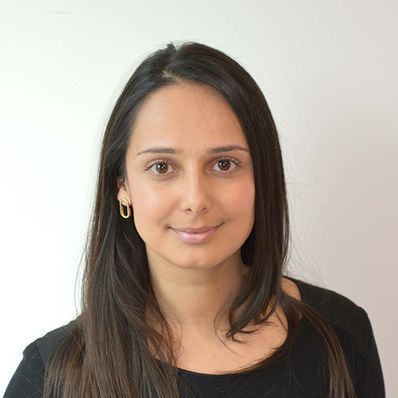Quantum Computing in Energy & Utilities Day
This campaign day will be focusing on the opportunities for quantum computing applications in the energy and utilities sector. We will uncover its potential, viability, and challenges.
Why is Quantum integral to the energy and utilities sector?
The UK is developing strategies in emerging technologies that techUK continuously encourage to align to key national priorities such as levelling up, net zero and building a science and technology superpower.
Quantum computers have the potential to deliver speeds for these calculations that are millions of times faster than today’s most powerful ‘classical’ computers. By using the quantum concepts of superposition and entanglement they enable multi-dimensional computing that can simulate the true complexity of the subatomic world. It is a paradigm that will transform our ability to understand and model.
Energy demand will continue to increase in order to facilitate electrification of heat and transport. There is set to be a 500% increase in data traffic over the smart meter network over the next four years, according to the Data Communications Company (DCC).
With energy demand and digitalisation of the energy system we will see rapid increase of volumes of data and a need for system optimisation. Traditional computational power may not be able to process all data nods needed to efficiently run the network.
The blogs for the day are as follows:
- Are quantum technologies relevant for the energy and utilities sectors? (Guest blog by Digital Catapult)
- Utilities’ Increasingly Complex Challenges – Is It Time to Turn to Quantum Computing? (Guest blog by D-Wave)
- Building energy security with quantum computing (Guest blog by Objectivity)
- Is 2023 the year we cross the quantum rubicon? (Guest blog by CGI UK)
- The Quantum Computing impact on digital security, and why the time to prepare is now (Guest blog by Entrust)
- Quantum computing for managing a net zero grid (Guest blog by Smith Institute)
Get involved with our work
All of techUK’s work is led by our members – keep in touch or get involved with our work on transport and infrastructure by joining our groups.






